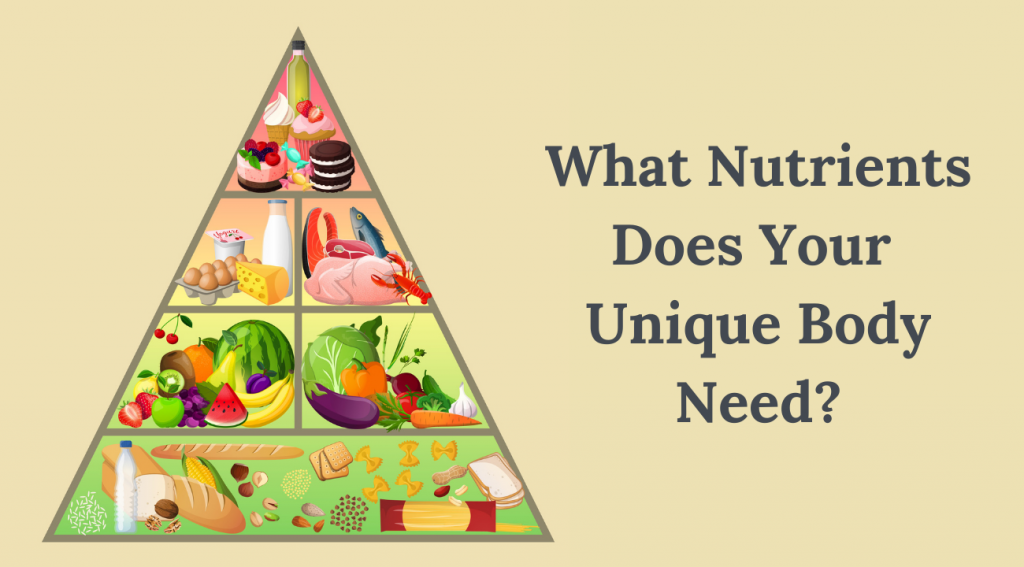
You are probably familiar with the phrase “you are what you eat.” This is pretty accurate, but what is even more accurate is “you are what you eat, digest, absorb and metabolize.” But how do you know if the nutrients from the food you eat are getting into your cells? Your muscle cells, bone cells, brain cells, where nutrients are needed to produce energy and perform cellular metabolism. Even people that eat a well-balanced diet and live a healthy lifestyle can still have nutrient deficiencies.
Here’s why:
- We are all biochemically different. Each of us is metabolically and biochemically unique, so the nutrients required for one person’s body to function optimally are very different than those required for another.
- Poor absorption can lead to deficiencies. If you are not fully digesting or have an unhealthy gut, you are going to struggle with absorbing the essential nutrients your body needs.
- Chronic illnesses can impact nutrient absorption. Health conditions like arthritis, cancer, cardiovascular disease, diabetes, just to name a few, can directly or indirectly cause nutrient deficiencies. Additionally, in order to help control these conditions, you may also require more of a particular nutrient.
- Medications can create nutrient deficiencies. Long-term use of certain medications can deplete your body of critical nutrients through multiple mechanisms, including increased excretion of vitamins and minerals.
- Aging can impact your nutrient needs. Your nutrient requirements back when you were 30 are very different than your nutrient requirements as you age. As you age you don’t absorb your nutrients as well. Also, hormonal changes, like a decline in estrogen or testosterone, can increase the excretion of certain nutrients through the kidneys. For example, as you age you’re not only less able to absorb nutrients such as calcium, but then hormonal changes may result in calcium also being excreted through the kidneys.
- Your lifestyle also affects nutrient levels. If you are exercising hard every day to maintain muscle and bone mass, chances are you are going to need more nutrients. Stress also depletes the body’s nutrient stores. When you are stressed, you rapidly use up nutrients as part of the body’s stress response. If you smoke or drink alcohol you are more likely to have nutrient deficiencies as well.
As you can see there are so many things that can affect your nutrient status making it hard to know which nutrients you are getting enough of, which nutrients you may be lacking, and which nutrients your unique body may need more of.
Luckily there are some targeted tests that can help determine nutrient levels in your cells. The test I most frequently use is the SpectraCell Micronutrient test (MNT).
The SpectraCell MNT measures 31 different vitamins, minerals, antioxidants. It also gives you a good idea how well you are metabolizing carbohydrates, how well your immune system is functioning, how well your cells can withstand oxidative stress. So it is a very comprehensive test and provides great insight into the nutrients your unique body needs.
If you are dealing with a chronic health condition, like osteoporosis, or striving for optimal health, instead of just swallowing down a lot of different supplements that you think you need this is a great test to find out exactly what your body really needs.
Because March is National Nutrition Month, I am offering you the ability to get the SpectraCell Micronutrient Test at my cost. So, my cost is your cost.
If you are interested in learning more about the test …please reach out to me at susan@nurturedbones.com






